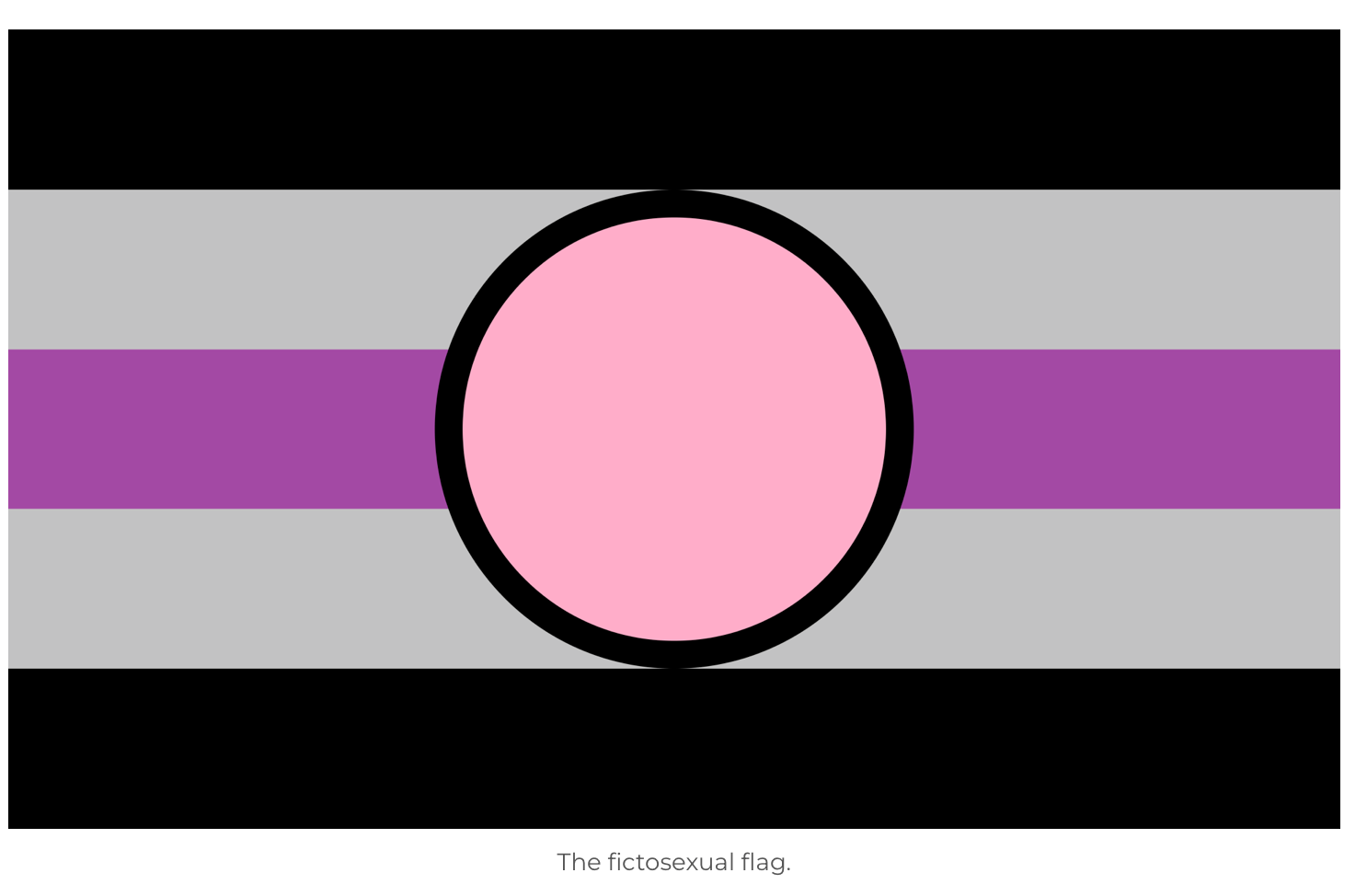
It is Atypical, But Is It Mental Illness?
Perhaps you’ve read about Akihiko Kondo, a Japanese man, who “married” a fictional character. By all accounts, he is an ordinary man who is pleasant and easy to talk to. He has friends and a steady job and wears a suit and tie to work. He is attending college and studying minority rights in law school. But his romantic partner is Hatsune Miku, an anime character. In an unofficial 2018 wedding ceremony, Mr. Kondo married Miku, who was in the form of a plush doll wearing white while he wore a matching white tuxedo. His family and co-workers declined the wedding invitation, but 39 others attended, largely strangers and online friends. The couple has been together for over a decade. They eat, sleep, watch movies together, and enjoy romantic getaways. Well, at least he enjoys them. He vowed to be faithful to her until he dies.
He is not alone. Apparently, this is a thing and there’s a name for it – “fictosexuals”. Multiple terms fall under the fictosexual umbrella for people that are attracted to cartoon characters, characters in novels, video games, TV shows/movies, vampires, ghosts, etc. Mr. Kondo is one of tens of thousands of people who have entered unofficial marriages with fictional characters. An industry has grown to serve this population.
Why devote time, energy, and money to an object that is not alive, when you could focus your attention on finding a suitable living partner? Mr. Kondo reports an intense attraction to fictional characters. He does not want a human partner due to his fictosexual attraction and rigid expectations of Japanese family life. He cites the advantages of partnering with a fictional character in that she’ll always be there for him, she’ll never betray him, and he’ll never have to see her get ill or die.
Okay, those are perks, but the question remains: is this a mental illness? To those who are unfamiliar with this phenomenon, it appears to bear the hallmarks of mental illness. But this attraction does not necessarily fit the criteria for mental illness. Fictophilia is not recognized as a diagnostic condition in the DSM-5, the standard classification of mental disorders used by mental health professionals in the United States or the World Health Organization ICD-11.
In many instances, fictosexuals function well in life. They have friends and perhaps have other meaningful love relationships. In fact, this attraction can be helpful if one participates in a community of fictosexuals. It is not far removed from the imagination of children and adolescents as they ‘pretend play’.
There may be underlying conditions of mental illness, but the attraction itself is not a mental illness.
- Mr. Kondo admits that he was depressed due to bullying on his job. Multiple suitors had rejected him. Yet, he now finds his life meaningful and enjoyable.
- Many people who fall in love report obsessive traits as they are fixated on, obsessed with, or crazy about their partners. We would not necessarily say that they suffer from an obsessive-compulsive disorder or are addicted to their love object.
- Fictosexuals recognize that their partners are not real and do not confuse fiction and reality. They are not psychotic and do not suffer hallucinations.
However, on a spectrum, any condition can slide into unhealthy behavior. A mental illness is a condition that negatively affects a person’s thinking, feeling, behavior or mood. If they are unable to cope with life’s struggles, if they suffer from emotional distress, if they are paralyzed with obsession, or if they are unable to maintain healthy real-life relationships, it is time to get help.
